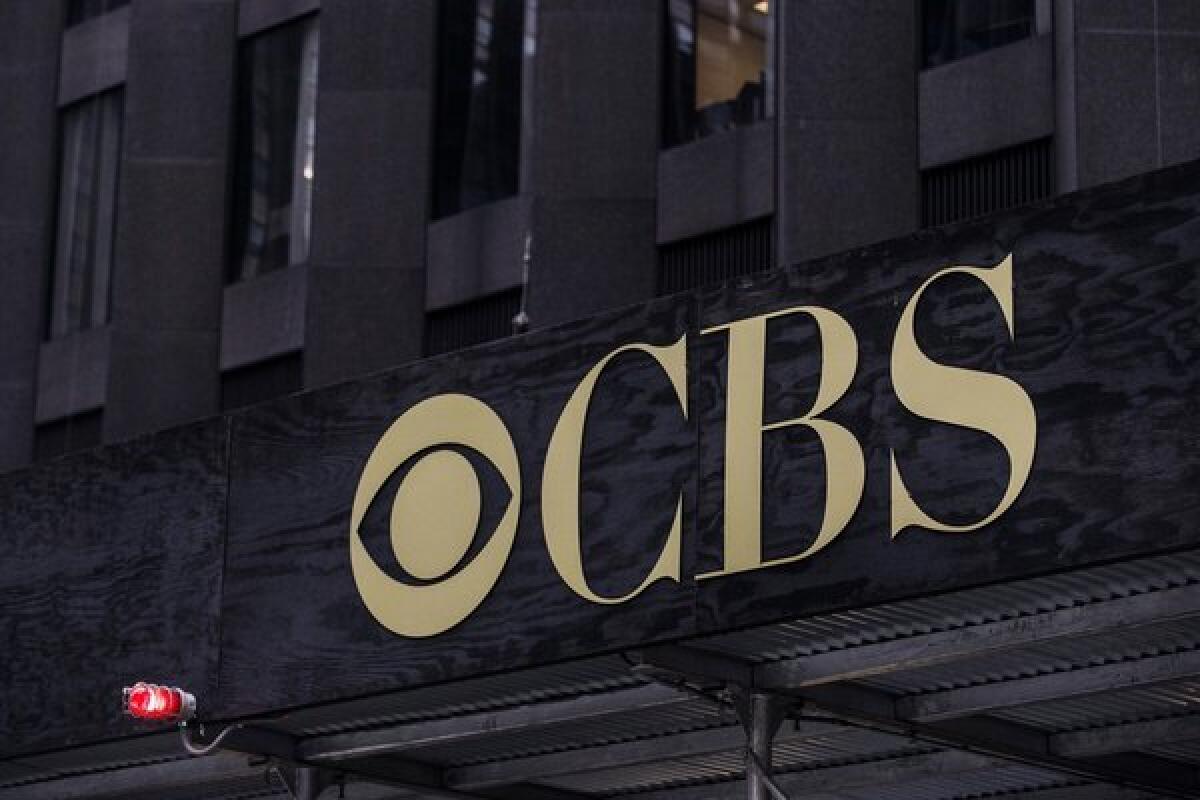Libertarians push a deregulatory fix for the CBS-Time Warner impasse

As the dispute between CBS and Time Warner Cable drags on, frustrated viewers are pushing for more extreme responses by government. Last week, three of Time Warner’s customers in Southern California sued the company, arguing that it had committed fraud by not reducing its rates during the blackout. This week, L. Gordon Crovitz, a prominent columnist at (and former publisher of) the Wall Street Journal, essentially called on Congress to let cable operators carry the broadcast networks for free, contending that government regulation was responsible for such blackouts.
His column (subscription required) reflects how libertarian-minded techies (if that’s not redundant) see the hand of government behind seemingly every bad development in the market. The dispute between CBS and Time Warner isn’t a run-of-the-mill fight between a buyer and a seller, in this view. Instead, it’s a problem created by government protecting broadcasters with excessive layers of regulation, including one that lets them demand payment from cable operators in exchange for the right to retransmit their programming.
A good exposition of this viewpoint comes from analyst Richard Greenfield at BTIG Research. In Greenfield’s view, the 1992 Cable Act, which gave local stations the option of demanding fees from pay-TV operators, tipped the balance between broadcasters and pay-TV operators by giving the former too much power. The local stations have exclusive programming that the public wants, but the local cable provider isn’t the exclusive distributor of it -- there are also satellite operators, phone companies and the local stations themselves, broadcasting over the air.
The result, Greenfield and Crovitz argue, is that broadcasters can force cable operators to pay them exorbitant rates to retransmit signals that are already sponsored by advertisers. If cable operators refuse, they run the risk that the blackout will drive their customers to competing pay-TV services. So while they might hold out for a while, they inevitably cave -- and pass the increased costs on to consumers.
Or so the theory goes. But there are at least two problems with their reasoning.
First, blackouts are costly for broadcasters too. Advertisers don’t want to pay for commercials that millions of people can’t see. And unless the shows are unique and already popular -- such as CBS’ “Under the Dome” -- they risk losing their audience permanently as viewers find other, better things to watch on networks that aren’t blacked out. So the pressure goes both ways.
Second, repealing the law that required cable operators to either negotiate fees (for popular local stations) or carry a station’s signal for free (for less popular ones) would make it hard for broadcasters to collect any subscription fees at all from Time Warner and its ilk.
Congress created the retransmission fees and must-carry requirement in the 1992 Cable Act. Before that, the 1976 federal copyright law had given cable operators a statutory license to retransmit broadcasts, paying royalties only when the signals weren’t local ones. That provision was consistent with a 1968 Supreme Court ruling that retransmissions of local stations’ signals didn’t violate the programs’ copyrights. The 1992 act superseded that ruling.
If the Cable Act’s must-carry and retransmission consent provisions were overturned, the statutory license from 1976 would leave local stations unable to stop cable operators from retransmitting their signals without permission or fees. Their only negotiating leverage would be their control of other rights, such as the ability to make programs available online or on demand. Those are important rights, to be sure, and they reportedly play a big role in Time Warner’s dispute with CBS. Yet they’re hardly as lucrative as the retransmission rights.
Congress created the statutory license at a time when television stations relied exclusively on advertising for their revenue, and when more than 80% of U.S. homes received their TV signals over the air. Today, close to 90% of the country subscribes to pay TV. Meanwhile, the business model for broadcasting has been threatened by the proliferation of commercial-skipping digital video recorders and the fragmentation of audiences in the 500-channel universe.
So naturally, broadcasters are eager for new revenue, particularly retransmission fees. If Congress wiped those out, the effect on the economics of the TV business would be profound.
Other libertarians, such as Adam Thierer and Jerry Brito, say it would be better to wipe the regulatory slate completely clean. Get rid not just of retransmission consent but the compulsory license and the Federal Communications Commission’s ban on cable operators carrying feeds from nonlocal broadcasters that duplicate the programming on local stations.
That’s an intriguing idea, except that eliminating the compulsory license wouldn’t exactly level the playing field. Remember, the Supreme Court’s rulings on the topic would give cable operators carte blanche to retransmit broadcast TV signals without fear of violating copyrights, even when the networks object.
A more interesting approach would be to retain the must-carry and retransmission consent rules while eliminating the FCC’s nonduplication regulations. That way, a cable operator that hit an impasse with a local broadcaster could try to plug the gaps in its lineup by bargaining for the rights to a distant broadcaster’s signal. This capability, in turn, would increase the pressure on local stations to offer unique and valuable local programming, something that viewers would miss in the event of a blackout.
That’s a drastic step, and I don’t think it’s justified by the increasingly frequent fights between pay-TV operators and broadcasters over retransmission fees. It would be necessarily only if the two sides proved increasingly unable to resolve them.
ALSO:
How gritty L.A. transforms from day to night
Prescott takes the cheapskate approach to dead Yarnell firefighters
Follow Jon Healey on Twitter @jcahealey and Google+
More to Read
A cure for the common opinion
Get thought-provoking perspectives with our weekly newsletter.
You may occasionally receive promotional content from the Los Angeles Times.











